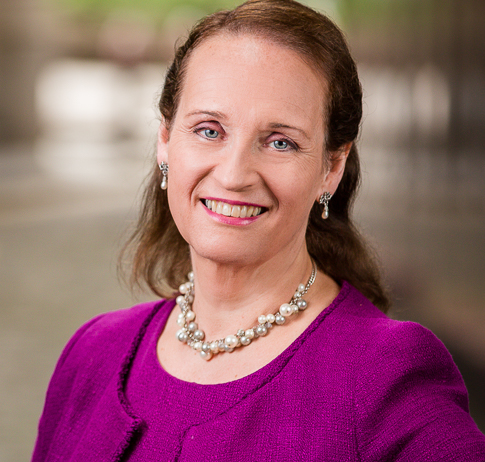This article first appeared in the Financial Times on 9 April 2021 ( C ) 2021 The Financial Times Ltd. All rights reserved.
New statistics show a sharp decline in the number of Lasting Powers of Attorney (LPAs) registered over the past year. The principal suspect is, of course, the pandemic, which has made it more difficult for people to make an LPA because of the safeguards involved.
Since they were introduced in 2007, LPAs have been increasingly popular way for a person to prepare for possible mental incapacity by appointing someone else — often a family member — to make decisions when they can no longer do so themselves.
Once registered at the government’s Office of the Public Guardian (OPG), LPAs are extremely powerful arrangements, giving attorneys wide access to, and powers to deal with, the finances and property of individuals. In March 2020, there were 4.7m registered LPAs.
The OPG can pursue claims of misuse of funds or improper actions by attorneys, but if the money is gone, there may be little officials can do to find a solution.
The OPG — where all LPAs must be registered before they are valid — has always been very careful to balance the aim of making LPAs accessible to all with minimising the potential for abuse. In particular, it seeks to protect vulnerable people from being coerced into creating LPAs.
The signatures of LPA makers and attorneys need to be witnessed in person. LPAs must also be signed by an independent third party — a certificate provider whose signature (following a discussion with the maker) confirms the maker understands the document and is not being coerced into making it.
As the initial pandemic lockdown came into effect, the OPG examined whether LPAs could be made remotely and/ or entirely digitally. But prioritising the protection of the vulnerable, (and also being mindful of statutory limitations on changes to the LPA process), the OPG decided on caution, confirming that whether an LPA starts life as a paper form or is drafted online it still needs to be printed and signed in ink (a “wet signature”) in front of a physical witness.
The OPG confirmed the certificate provider could talk to the maker of the LPA by phone or video call — though it recommended the conversation should happen face to face.
In lockdown, arranging meetings and execution has obviously been more difficult. A freedom of information request to the Ministry of Justice, made by Quilter, showed a 30 per cent dip in LPAs registered between April last year and February this year.
The OPG recognises that the drop has been inevitable and the guidance it has given makes practical suggestions about how to ensure all goes smoothly.
The final factor affecting the making of LPAs in the past year is that the OPG itself has had to adjust to the constraints of lockdown. The agency was moving steadily towards more digital working, but the process is still fundamentally paper-based, and lockdown has required serious changes in the OPG’s way of dealing with registrations. As with almost all businesses across the UK, the OPG’s staff have had to work remotely, and so the processing and registration of LPAs has been slower, at about 12 weeks, compared to a pre-pandemic OPG target of 9.75 weeks.
There’s no doubt LPA numbers will bounce back after the pandemic, when people can gather to sign and witness the documents and OPG staff return to the office. As for now, families should be careful not to take shortcuts in planning for and helping elderly and vulnerable members with their money. Don’t be tempted to borrow a Pin number, or sign cheques on behalf of someone else. It’s of doubtful legality even if the relative still has capacity, and is a really serious matter if they have lost it.
The powers granted to an attorney under an LPA are long term and — importantly — authorised and supervised. Although there’s a temptation to cut corners when the LPAmaking process is somewhat clunky and the registration process is slow, ignoring the rules can put both you and your relative at risk (including criminal prosecution).
LPAs are a fantastic tool for helping to manage the affairs of those who have lost capacity, and a lot of consideration has gone into making them safe and effective. But for all of the reasons outlined here, it’s important that legal advisers play their part to ensure they are used and granted properly.
As we emerge from the pandemic, the big area of discussion around LPAs will be whether and how they should be fully digitised. Personally, I’m confident that the OPG considered this issue properly last year and made the right decision to require actual signatures and witnessing. LPAs are structured as they are for good reason — it’s right to make people stop and think about the powers and the control they are granting to others. Despite being largely standardised, the LPA form does allow you to make some customisation, to express your wishes and to add extra safeguards if you want.
But hopefully new digital tools will be developed that enable LPAs to be made securely without physical signatures. I would absolutely welcome exploring digital options further and I anticipate that many people working with LPAs would also do so. Increasing ease of use, while keeping people safe, would clearly benefit the public good.

